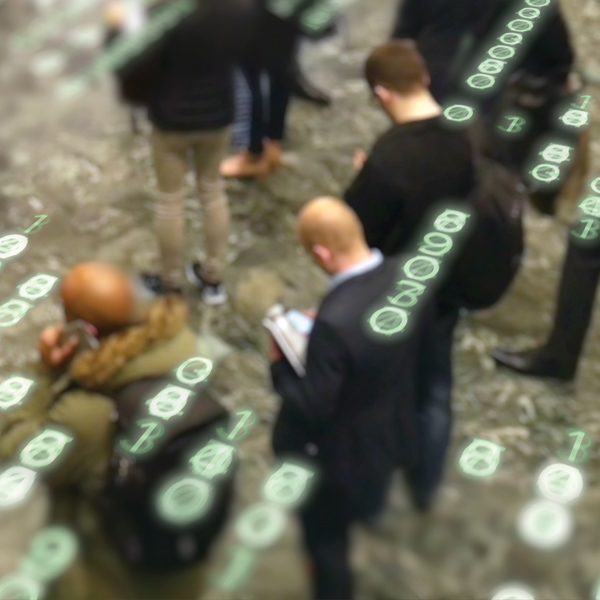I am pleased to join Secretary Powell in inaugurating the Jefferson Science Fellows Program at the State Department. Mr. Secretary, your personal support for this new initiative is greatly appreciated and admired.
Let me also acknowledge the leadership of George Atkinson whose creative and practical proposal for deepening the role of science advice in diplomacy fired our imaginations as well as Paula Dobriansky, Bruce Alberts, Nils Hasselmo, and Vartan Gregorian, with whom MacArthur has worked to make these fellowships possible. The perseverance of Kennette Benedict, Director of our International Peace and Security Area, and Lukas Haynes, Program Officer, brought the program to fruition.
I want to recognize as well the generosity of the university presidents and provosts who have awarded sabbaticals to some of their best scientists for this worthy program; both faculty and students will be enriched by their foresight.
When we first discussed this program, we wondered if it would attract outstanding senior scientists, distinguished in their disciplines, broadly gauged in their interests, wise about the policy process. That question is now answered. This inaugural class of Fellows sets the standard very high. Congratulations Julian Adams, Bruce Averill, Melba Crawford, David Eastmond, and Kalidas Shetty.
For Thomas Jefferson, science and statecraft worked side by side, the knowledge of the one essential to the other, because the habits of thought and the tools of analysis required by each were mutually reinforcing. Jefferson drew from science his metaphors for understanding life and the process of policy-making.
Collaboration between scientists and those responsible for policy formulation is at the heart of this new program dedicated to helping our government confront significant and puzzling challenges in health, trade, the environment, space and security. As the pace of scientific discovery quickens and the world around it grows more complex, policy-makers require accurate information and the best analysis quickly as they navigate new possibilities and pitfalls.
The scientific community can also learn from policy-makers as it seeks to understand the dangerous, as well as beneficial, applications of discoveries in fields like genetics, biochemistry, or cyber-technology advances that sometimes come faster than our capacity to comprehend their wider implications.
Techniques in nanotechnology, for example, may enhance sensors for detecting the release of biological agents, while also permitting the development of even more dangerous biological weapons. Progress must be made by invention, but it must also be measured by consequence. Mutual learning will be a hallmark of this program.
In 1785, Jefferson wrote, When your mind shall be well improved with science, nothing will be necessary to place you in the highest points of view but to pursue the interests of your country, the interests of your friends, and your own interests also with the purest integrity, the most chaste honour.1
The Fellowship program we inaugurate today very much reflects Jeffersons vision of the scientist as citizen, making technical expertise available to the public and our leaders in pursuit of the national interest. His reference to the purest integrity and chaste honor reminds us that to be useful, scientific advice has to flow from high quality, objective work rendered fairly without agenda or compromise.
Secretary Powell, your leadership in creating the Jefferson Science Fellows is emblematic of your commitment to policy formulation based on evidence, sensitive to both the human and scientific dimensions of complexity, and informed by both near-term imperatives and long-term potential.
These are values that the MacArthur Foundation shares and why we created a Science, Technology, and Security Initiative with seventeen centers around the world: to increase the number of distinguished scientists interested in public policy and determined to bring their expertise to those on the frontline.
We have every confidence that the Jefferson Science Fellows will advance this mission, and we are proud to play a part in this new initiative.
1. Letter to Peter Carr, August 19, 1785. Carr was Jeffersons nephew; the letter gives him advice on his education and stresses the importance of moral virtue, which science, with its emphasis on objectivity and truth, teaches. As quoted in Silvio A. Bedini, "Jefferson and Science", University of North Carolina Press: Chapel Hill, 2002, p. 15.



